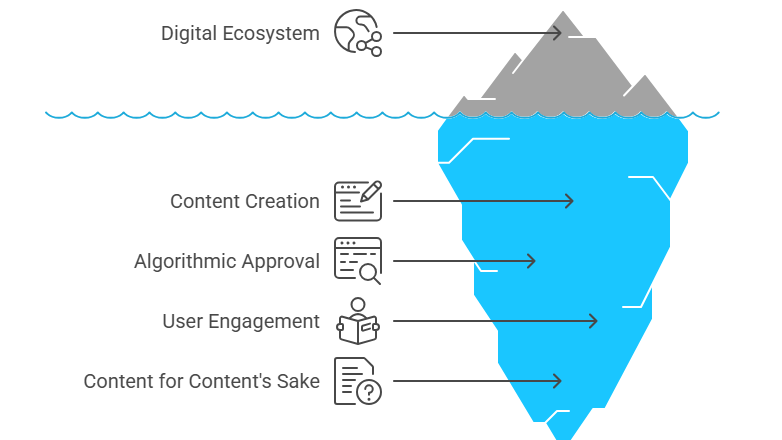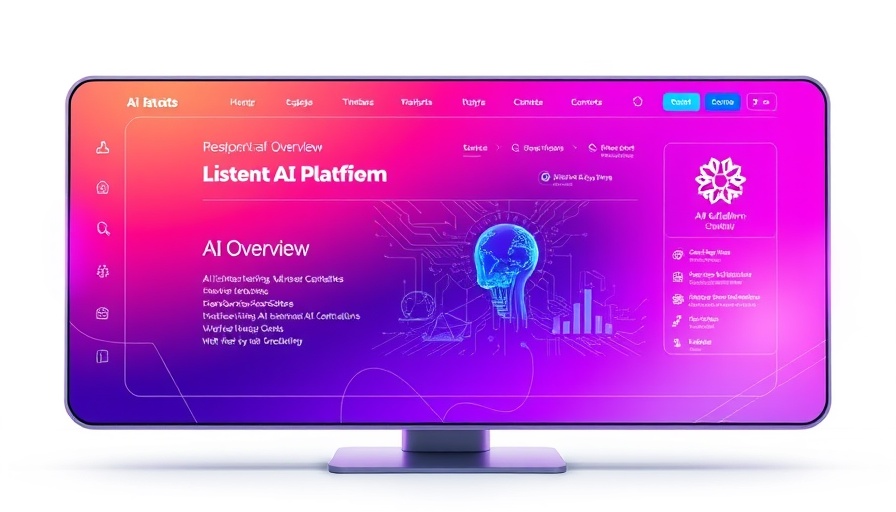
Should We Rethink the Role of Informational Content?
In the ever-evolving landscape of SEO and digital marketing, a thought-provoking question is emerging: Should content creators continue to invest in informational content?
As artificial intelligence (AI) and language models reshape the way users seek information, traditional strategies may no longer hold the same potency they once did.
The Illusion of Quality Over Quantity
Historically, many brands adopted the philosophy that a higher volume of content equated to greater visibility and authority in search rankings.
This led to an explosion of informational content—blog posts, articles, and guides—crafted to appease Google's algorithms rather than the end-users they were designed to serve.
Yet, as SEO specialists uncover alarming trends of declining organic traffic for these informational queries, the effectiveness of this strategy comes under scrutiny.
What Really Drives Engagement?
This predicament serves as a reminder that the digital ecosystem is complex. While Google has emphasized quality, the evidence suggests that many content creators fell into the trap of 'content for content's sake.'

They produced extensive libraries of content in an effort to optimize for algorithmic approval, rather than genuine user engagement.
It raises the question: how can we pivot the narrative around creating content for users instead of the machines?
The Future of Content Creation: A Call for Strategic Shifts
As the SEO landscape shifts towards a more AI-centric model, content teams must advocate for creating helpful, relevant, and authentically engaging material.
Focusing on a few high-quality, well-researched pieces that truly address user pain points could yield better long-term results—both in audience growth and retention.
This is an opportunity for brands to carve out meaningful connections with their audience.
Your Next Steps in Content Strategy
It’s time for marketers and content creators to re-evaluate their approach to informational content. Instead of aiming for sheer volume, consider implementing a more tactical strategy that prioritizes quality and relevance.
Your audience deserves content that resonates with their needs and interests, solidifying their relationship with your brand.
 Add Row
Add Row  Add
Add 




Write A Comment